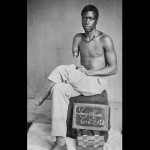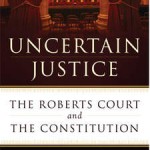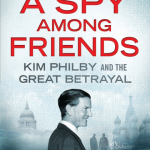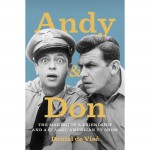Few linguists share comparable command of the plethora of languages that are vividly and routinely on display throughout Deutscher’s text. The work is bold, ambitious, and strives to combine insights from history, classical studies, anthropology, linguistics, psychology, biology, and physiology, to address the recurring intellectually perplexing conundrum regarding ways that language may shape thought. In the final analysis, however, this book is an argument in favor of multidisciplinary approaches to analyses that strive to examine the inevitably complex relationship between language and cognition.
John Baugh, from the Language Issue










